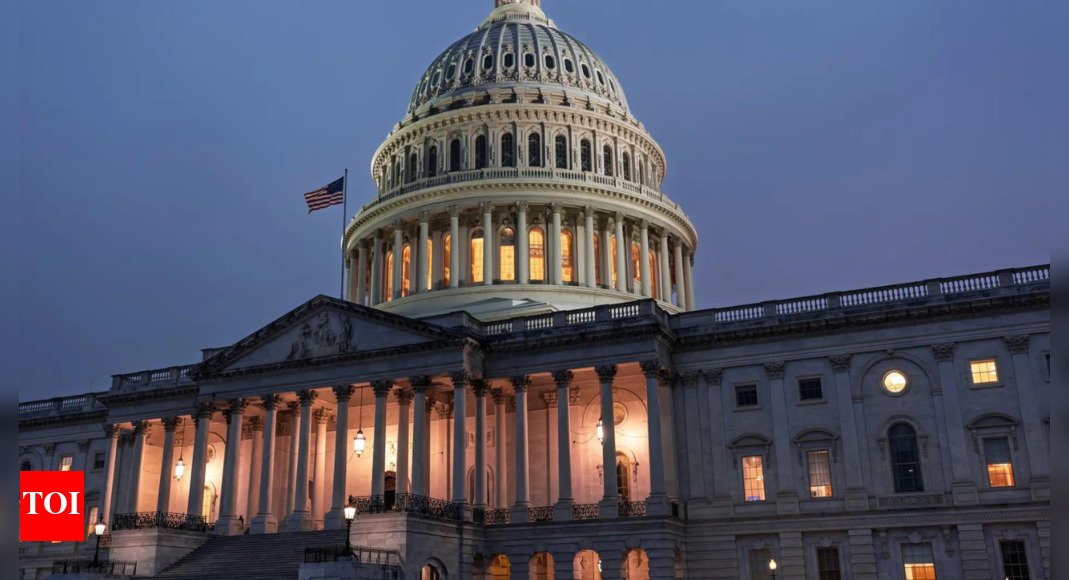
The shutdown of the US government has begun– there is no immediate clarity on the duration of the shutdown. Russel T. Vought, director, executive office of the President, on Sept 30, sent a memorandum to heads of executive departments and agencies, stating: “…As such, affected agencies should now execute their plans for an orderly shutdown.”“It is unclear how long Democrats will maintain their untenable position, making the duration of the shutdown difficult to predict. Regards, employees should report to work for their next regulatory scheduled tour of duty to undertake orderly shutdown activities. We will issue another memorandum indicating that government functions should resume once the President has signed a bill providing for appropriations,” added the memo.Based on a fact sheet issued by the American Immigration lawyers Association (AILA) and views of immigration attorneys, TOI decoded what a US government shutdown means for the immigration process and how key agencies that cater to immigration activities will be impacted.
Department of State (DOS):
The visa and passport operations will remain open, however, depending on how long the shutdown lasts, work might become limited to diplomatic visas and life-or-death emergencies, stated AILA. Ports of entry will remain also open; however, applications that are filed at the border may be impacted, it added.“While visa and passport services generally continue (as these are fee funded). If local fee reserves are depleted, posts may scale back to emergency or diplomatic cases only,” states Abhinav Tripathi, immigration attorney. “Plan consular-linked travel, such as where a visa is required, with a buffer as consulates may reduce services during a prolonged shutdown” he cautioned.
USCIS will remain open as it does not rely on Congress for its funding – but on fees collected by it. The few programs that are funded by Congress may be impacted by a government shutdown, stated AILA. According to Tripathi, “USCIS will continue its core services, accepting visa petitions, biometrics, interviews and premium processing. However, it would suspend those programs that are funded via appropriations -such as E-verify.”Form I-9 is a U.S. government form that all employers must complete to verify the identity and work authorization of anyone they hire. E-Verify is an online system run by the US government that lets employers electronically confirm the work authorization of new hires by comparing I-9 information to federal databases. “Employers should rely on the alternate remote I-9 document review process when E-Verify is unavailable,” said Tripathi.
Department of Labour (DOL):
DOL’s Office of Foreign Labor Certification (OFLC) will stop all operations during a government shutdown, stated AILA. Labour condition applications (LCAs) are required for H-1B filings – this means that employers cannot file a new H-1B application which requires a fresh LCA. PERM is the ‘Permanent Labor Certification process’, where the employer sponsoring the green card must prove that there are no qualified US workers for this specific job. Prevailing wage determination must be done before the PERM process.“The FLAG online portal will go offline. Employers will be unable to file LCAs, PERM applications, or prevailing-wage requests, and no certifications will be issued,” points out Tripathi.“While USCIS will keep processing H-1B and green-card applications, any part of these filings that requires prior Labour Department action — such as approved LCAs or prevailing-wage determinations — will be stuck until the shutdown ends,” said Elissa Taub, partner at Siskind Susser, an immigration law firm.
According to AILA, ICE enforcement and removal operations will continue. ICE attorneys will typically focus on the cases of detained individuals. Further the Student and Exchange Visitor Program (SEVP) offices will remain open.






